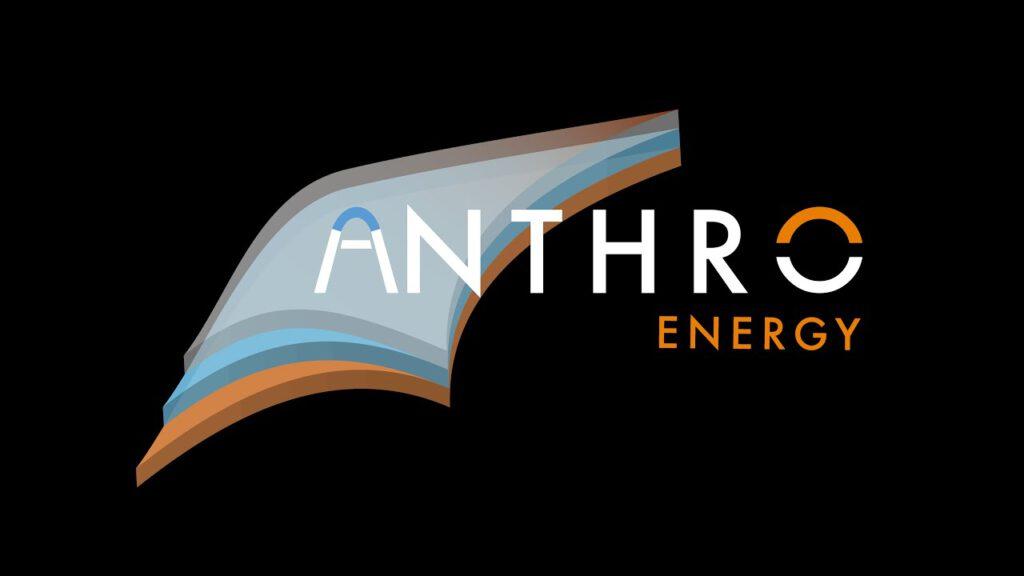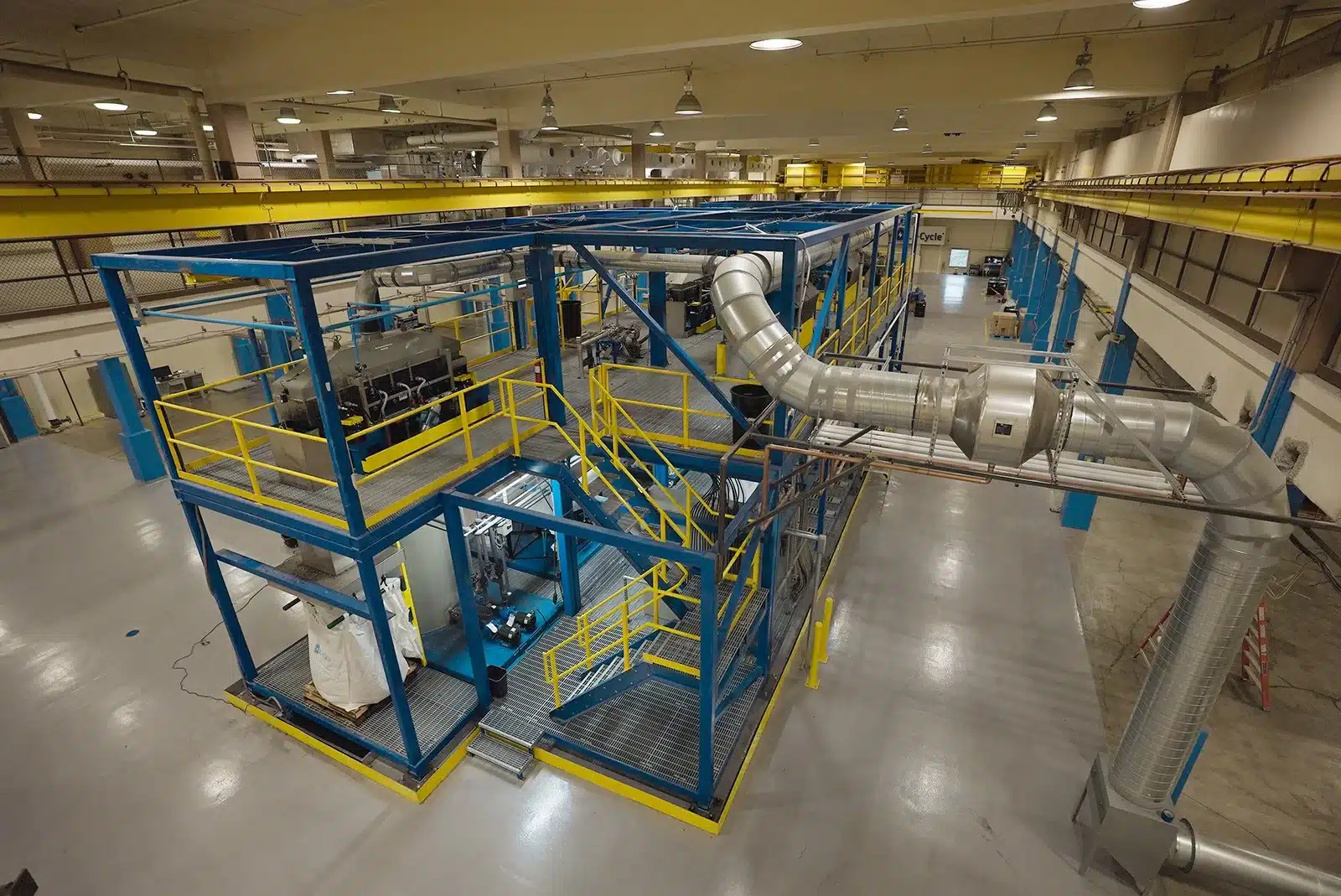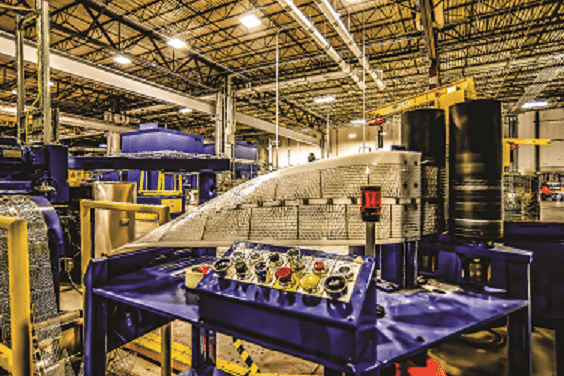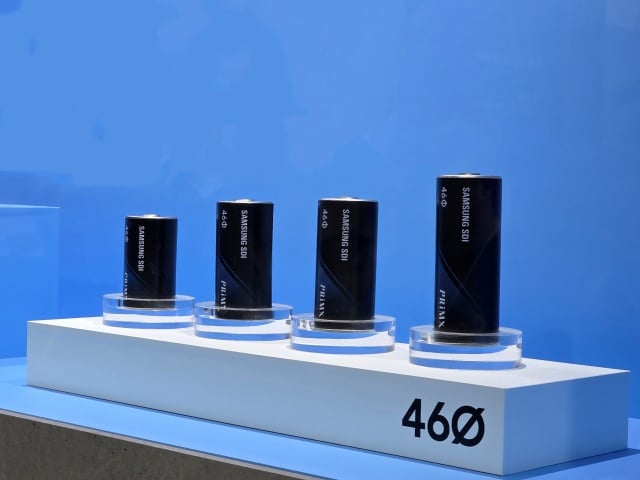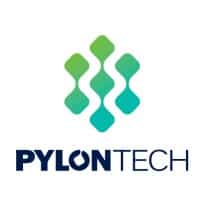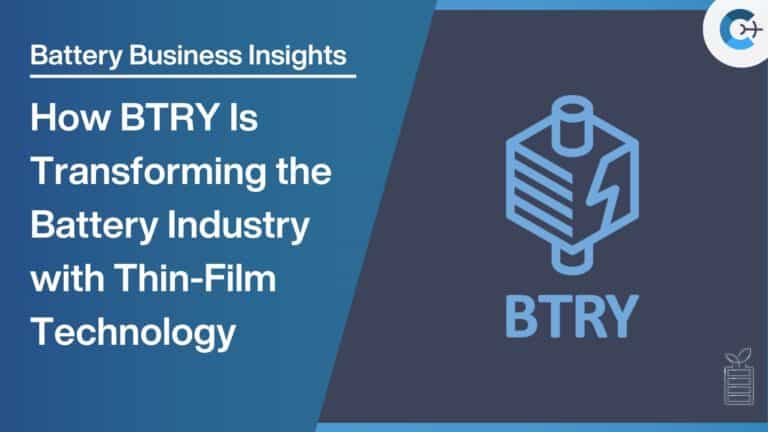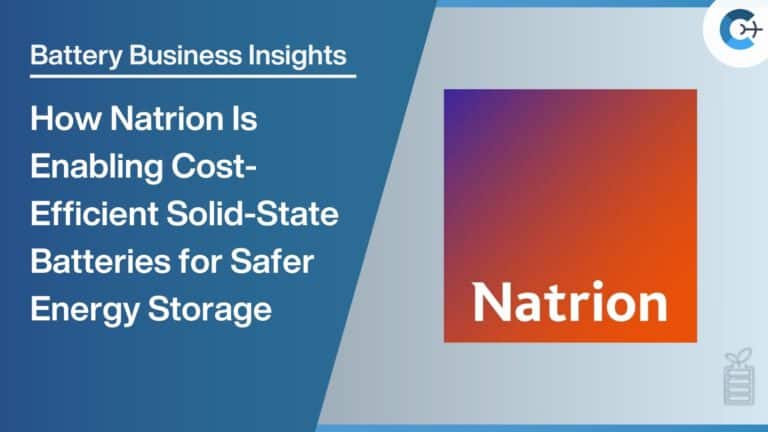Anthro Energy has received a $24.9 million grant from the U.S. Department of Energy (DOE) aimed at enhancing the domestic battery supply chain and bolstering electric vehicle (EV) production in the United States. This funding is provided through the DOE’s Office of Manufacturing and Energy Supply Chains as part of the Biden administration’s Bipartisan Infrastructure Law, which focuses on modernizing infrastructure and promoting clean energy innovation.
The company plans to repurpose an existing facility in Louisville, Kentucky, to establish the nation’s first large-scale, U.S.-owned advanced electrolyte production plant. Advanced electrolytes are essential components of lithium-ion batteries, improving safety, longevity, and performance. They are particularly crucial for emerging technologies like silicon anodes and high-voltage cathodes that are expected to drive the next generation of EV battery advancements.
The Louisville facility is projected to have an annual capacity of 25 GWh, producing 12,000 metric tons of advanced electrolytes each year. This development fills a significant gap in the U.S. battery supply chain, which previously lacked a large-scale, domestically owned producer of advanced electrolytes. The project is expected to create 114 permanent jobs and 390 temporary construction jobs, contributing to local employment and the nation’s energy independence.
David Mackanic, CEO of Anthro Energy, described the grant as a pivotal moment for U.S. battery manufacturing. “Establishing the nation’s first facility for domestic production of advanced electrolytes is a game-changer; it strengthens our energy independence, bolsters the battery supply chain, and propels us toward a clean energy economy,” Mackanic stated.
In addition to its production goals, the Louisville project will invest $2.5 million in workforce development, education, and sustainability initiatives to benefit the local community. These efforts align with the DOE’s long-term objectives to develop a resilient clean energy economy and achieve net-zero emissions by 2050, while providing economic and environmental benefits to disadvantaged communities.
Source: EVMagz

